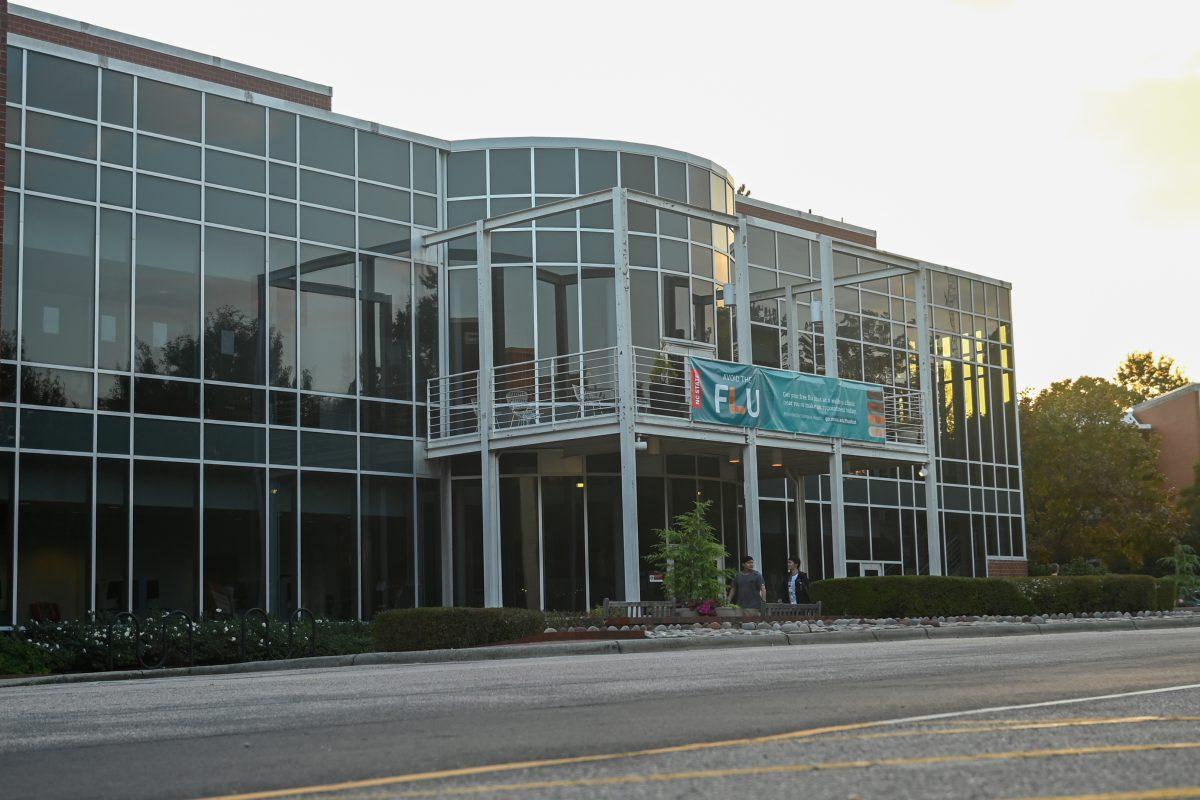The NC State Counseling Center and Prevention Services provide mental health resources on campus, but utilizing them can be intimidating. To make their services more accessible to students, both the Counseling Center and Prevention Services are offering a variety of drop-in programs that give students a way to engage with the organizations in a low-commitment way.
Randolph Brooks, the assistant director for diversity and outreach for the Counseling Center, is involved in managing the drop-in spaces for the Counseling Center. The Counseling Center offers drop-in spaces through its embedded counseling services, which attach a counselor to each college, as well as its ”Let’s Talk“ program.
“[Drop-in spaces] are a casual, non-committal way to engage in a variety of experiences that allow you to find connections and support,” Brooks said. “It’s not a confidential space, so people can come and go. It’s a way to find out what therapy is about.”
Prevention Services also offers drop-in programs, many in partnership with other NC State organizations. Angel Bowers, the director of Prevention Services, said drop-in spaces offer a range of opportunities for mental health support.
“If a student attends, the great thing is they don’t have to sign up,” Bowers said. “They don’t have to register. So it’s really this open-ended experience. They will vary; some of [the spaces], it’s going to be more experiential, you will be working with plants, you will be doing mindful eating, you will be engaging in a nature walk, … and then others are going a bit more conversation based.”
Both the Counseling Center and Prevention Services offer low-commitment, open spaces for students to engage with staff from both organizations as well as other students. However, the spaces differ slightly in their purposes.
For Prevention Services, the mission around its drop-in spaces focuses on connection.
“Maybe four years ago, three years ago, the University did a study to determine what were the greatest needs of students as far as improving just general happiness, wellness and the overall satisfaction with their college experience, and what they came up with was connection,” Bowers said. “So we specifically took that research and created these groups as a way for folks to make connections.”
The Counseling Center’s drop-in sessions, specifically in the embedded counseling program, aim to allow students the chance to learn more about counseling.
Currently, nine out of the 11 colleges at NC State have embedded counselors, and the Counseling Center plans to embed a counselor in every college. All of the embedded counselors have drop-in hours in a program-related academic building that offer a semi-private, non-confidential space for students to access a counselor without an appointment.
Depending on the number of attendees, a drop-in may look like a one-on-one session or grow into a group conversation. Students can use the drop-in spaces to talk about a bad day, to learn more about how to access more counseling resources on campus or to meet a counselor.
“The idea is that we have these sorts of spaces all over campus for the same reason: You can talk to a counselor without an appointment, without coming to the Counseling Center,” Brooks said. “For a lot of our students, they have no experience with counseling of any sorts, … so it’s a way of dipping your toe in. A lot of our students, they seem to respond well to this structure.”
Prevention Services has similar goals with its more conversation-based drop-in spaces, such as its Grief and Loss Support Space that takes place weekly.
“Right now, the Counseling Center has a group that, again, it’s a commitment, you have to come every week,” Bowers said. “But this is an open space where students can kind of stick their foot in the water, and try it out, see if this is the right fit for them.”
For more information on upcoming drop-in spaces, visit the Prevention Spaces website.













